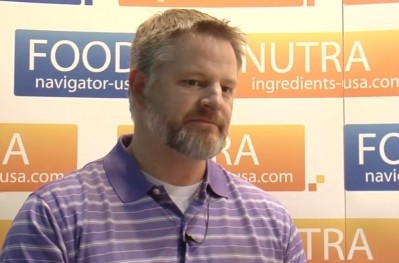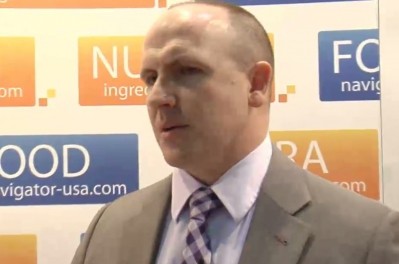Dan Fabricant: FDA ‘somewhat aghast’ at degree of cGMP non-compliance

Speaking at a webinar on cGMP compliance organized by the Natural Products Association (NPA) yesterday, Dr Dan Fabricant said he was “very excited” by what progress had been made so far in raising awareness about cGMP requirements.
The same mistakes…
However, after almost five years of inspections, many manufacturers did not appear to be learning from others’ mistakes, as the same issues kept arising again and again at inspections, 483 forms and subsequent FDA warning letters, he said.
He added: “I’m somewhat aghast at the degree of non-compliance. We’re seeing some of the same mistakes from warning letter to warning letter and that’s concerning. Whether it’s failure to prepare batch records, problems with specifications. There’s failures of adequate quality control…
“If people are letting material out the door that’s out of spec, that’s a real concern… It’s the old adage with GMPs - if you don’t write it down, it’s not happening.”
FDA has ‘pretty good indications’ of under-reporting of adverse events
There were also “some pretty good indications” of under-reporting of adverse events, he claimed. Moreover, several firms were still failing to provide a domestic address and contact number for consumers to call, making it doubly unlikely that adverse events were being properly recorded, he said.
Meanwhile, others were listing the FDA’s number - instead of their own contacts details - on pack, he said.
“Remember, adverse events don’t establish a causal relationship [they don’t prove that a product is unsafe], but not reporting adverse events is a violation of the act.”
Dry labbing
Referring to the recent Dateline NBC exposé on dry labbing - where contract labs give clients the answers they want to hear without actually testing the samples in question - he said: “This has prompted questions. Some people were asking why aren’t we visiting contract labs”
The answer was that “we focus on manufacturers and distributors because they introduce products into interstate commerce”, he said.
However, the FDA did expect manufacturers to show they were confident that the contract labs they were sending samples to were using scientifically valid methods for testing the materials in question, were training their staff appropriately and were following appropriate reporting and other procedures, he said.
483 forms - and how to deal with them
Fellow presenter Aaron Secrist, quality and regulatory manager at supplement maker NOW Foods, said analysis of 483 forms and FDA warning letters showed firms were still failing to comply with “basic GMP tenets” by failing to prepare written master manufacturing records for all of their supplement formulations, failing to establish and document proper specifications and failing to establish adequate sampling plans.
While there was no regulatory requirement to respond to 483 forms (in which FDA lists concerns raised during inspections) as these represented an investigator’s opinion - not the FDA’s final determination about GMP compliance - it was nevertheless in manufacturers’ best interests to do so, he said.
“And if you don’t understand something in a 483, seek external assistance from a consultant or someone that can help you understand what you need to do to correct it - and if necessary convince your upper management that if you don’t take action, your business could be in jeopardy.”









